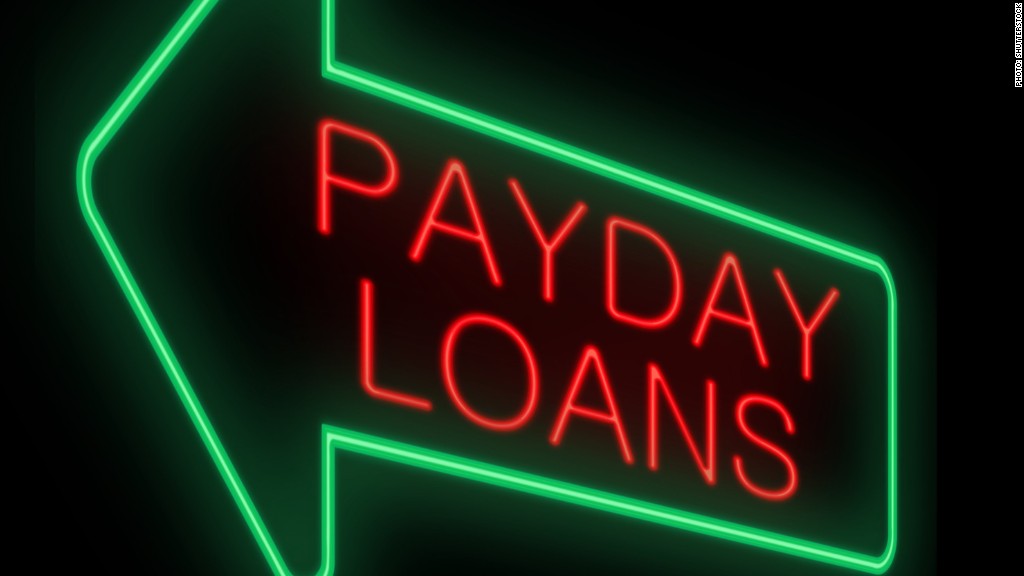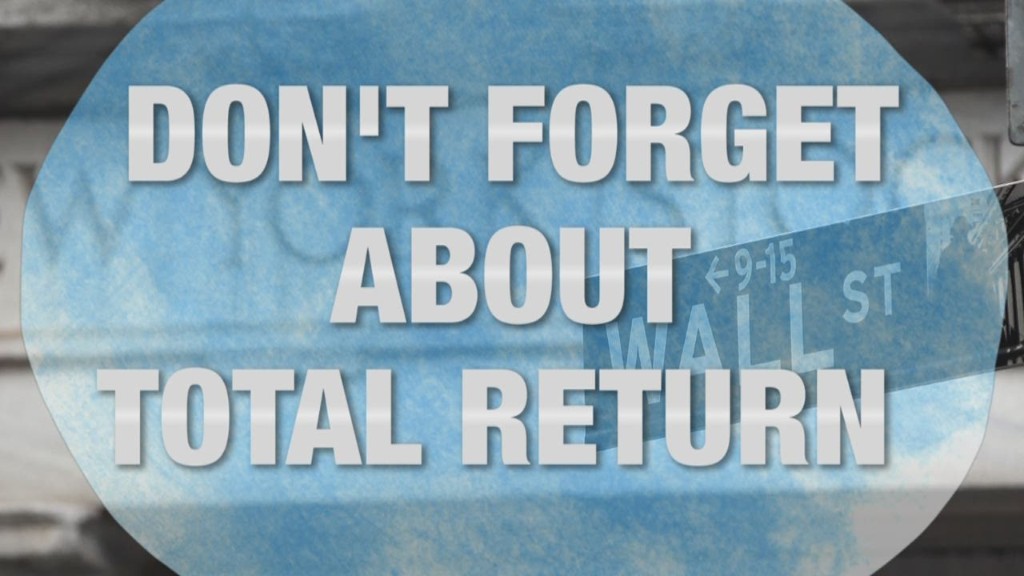
Payday loans of any kind have never had a good reputation, but a new report finds that loans obtained online are even worse than their storefront counterparts.
Lenders found on the Internet often charge much higher fees, put consumers deeper in debt and are more likely to use threatening and harassing tactics, according to a survey from Pew Charitable Trusts. The nonprofit called nearly 50,000 people, identifying 252 online borrowers and 451 in-store borrowers for its survey.
Payday loans are small loans with high fees that are advertised as a way for people to make it until their next paycheck arrives. They're available from physical payday loan stores, but they are also becoming increasingly prevalent on the Internet. And while online payday loans account for only a third of the market, nine out of 10 complaints made to the Better Business Bureau are about online lenders, according to Pew's analysis.
Many complaints concern the abusive tactics these companies use to get their money. About 30% of online payday borrowers said they have received at least one threat. Nineteen percent of respondents who took out a loan online said they were threatened with arrest, versus only 7% of consumers who borrowed in-store. And 20% were told that the lender would contact their employer about the debt -- compared to 7% of storefront borrowers.
Online lenders are also more likely to make unauthorized withdrawals from consumer's bank accounts, with 32% of respondents saying this has happened to them. Another 46% reported that their account has been overdrawn by a payday loan withdrawal, and 22% say they have had a bank account closed as a result.

Meanwhile, 39% of consumers believe that their information -- like personal details and bank account information -- was sold to a third party.
On top of all that, online payday loans come with APRs ranging as high as 700%, while in-store lenders generally have rates around 300%.
Related: Payday lender cancels over $350 million in debt
Online lenders get away with these practices because, as online entities, they often claim immunity from individual state laws, says Pew. That's why Pew and other consumer advocates are calling on federal regulators like the Consumer Financial Protection Bureau to introduce rules that apply to all payday lenders -- storefront and online alike.
"Abusive practices in the online payday loan market not only exist but are widespread," said Nick Bourke, a project director at Pew. "State and federal regulators have taken steps to rein in fraud and abuse, but they need to do considerably more to keep borrowers from being harmed or further entrenched in unaffordable debt."
Related: Debt collection horror stories
The Online Lenders Alliance defended the industry, saying that while there may be some "bad actors," there are also many ethical companies that are trying to help consumers. The industry group said it encourages federal laws, but points out that there is a growing demand for credit that still needs to be met.
"Consumer advocates and industry should work together to encourage federal laws and rules that preserve access to short-term credit, encourage innovation, and protect consumers from the bad actors who would defraud them," it said in a statement.
